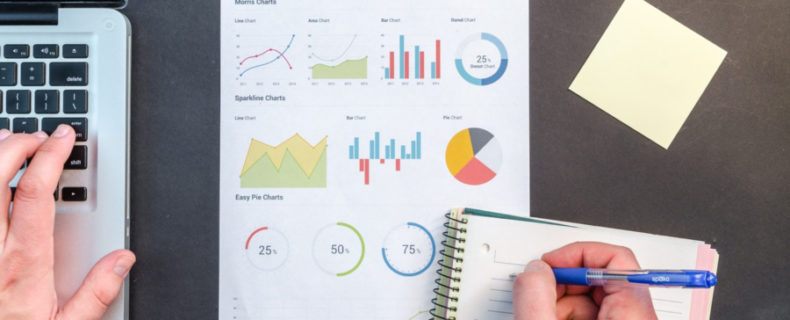
Source: Pexels
Data collection is a powerful tool for advertisers, governments, corporations and more. Every day we are being graded and monitored by the numerous technologies we use. In the process, detailed profiles of our activities and habits are created. From the sites we visit and the apps we use, to the videos we like, articles we share, and items we buy, we’re targeted by our online interests and behaviours, as well as our age and location.
But what about our work place? The gathering of information about each and every one of us is already affecting how we work, what the expectations are, and the relationships between employers and employees. We’re all warned about sharing too much personal data with our bosses – this could include anything from your nightlife activities, to your religious beliefs, political affiliations, sexual orientation, living situation, mental health issues, physical health problems, second jobs, and more. Remember, we disclose a lot of this information on social media sites, which are often in the public domain.
This begs the questions: how much should your boss know about you, what can our employers do with this data, and where do we draw the line?
Getting scored at work
In today’s working environment, our efficiency and desirability as an employee are already given a number on a scoresheet. This in turn can affect promotions, salary increases, bonuses and of course, job security.
Human Resources departments are constantly accumulating data so that they can measure us in a more detailed and meaningful way. From software that archives every stroke of the keyboard, to ID badges that have to be swiped to get coffee or after-work drinks, there are increasing ways for bosses to measure the behaviour of their employees. They can even gather metadata from email, live chats and phone calls, to discern general information like frequency, localisation and duration.
There are of course, plausible business reasons for collecting data from employees – it can be used to measure productivity and improve communications, while serving as a lens for issues like workload assessment, regulatory risk, planning, inclusion, discrimination and diversity.
However, not everyone is convinced!
The problem with data
If you can’t measure something, does it exist? One of the problems with data collection is that a lot of the qualitative facets of the work we do are being ignored. Not everything is quantifiable, even in the workplace. Take a writer or a designer, for example. The ideas and creations they come up with can be inspired from a conversation over drinks with friends, a simple commute home, travelling overseas, and so much more – in other words, the kind of things that aren’t measured on a score sheet.
Another issue is the accuracy of some data. Take the thriving health and wellness programmes that so many businesses encourage. Keeping track of an employee’s level of fitness is believed to increase productivity, improve health and well-being, and of course, reduce absenteeism. The problem is that not all fitness tracking measurements are accurate – different models of smartphones and fitness trackers can give conflicting results. Plus, there is little evidence to indicate that people are spending less on health care because of it.
Then there is the amount of data these work programmes are able to collect. Aside from tracking your daily activities, your bosses could become privy to private information like your weight, cholesterol levels, and more – things that are really none of their business. And, while many businesses cannot legally discriminate against you with such information, there is little doubt that such data can play a role in influencing your work path.
Finding the right balance
There is no doubt that the collecting and measuring of data can be an interesting exercise. After all, it can reveal your likes and dislikes, such as shopping online, listening to music, visiting social media sites, or playing at a casino online while at work. But is it a fair way for bosses to view their employees – via their data?
Ultimately, it becomes about agreeing to a certain standard of ethics. When you register an account at JackpotCity Online Casino, for example, it is agreed that your personal data collected by the casino is kept confidential. We should therefore always be in conversation with our employees about the potential for discrimination when agreeing to data collection.
There is no getting around it! Giving away data is becoming part of our everyday work experience. How we choose to deal with it is up to us.
Reference:
http://www.bbc.com/capital/story/20180323-how-much-should-your-boss-know-about-you



























